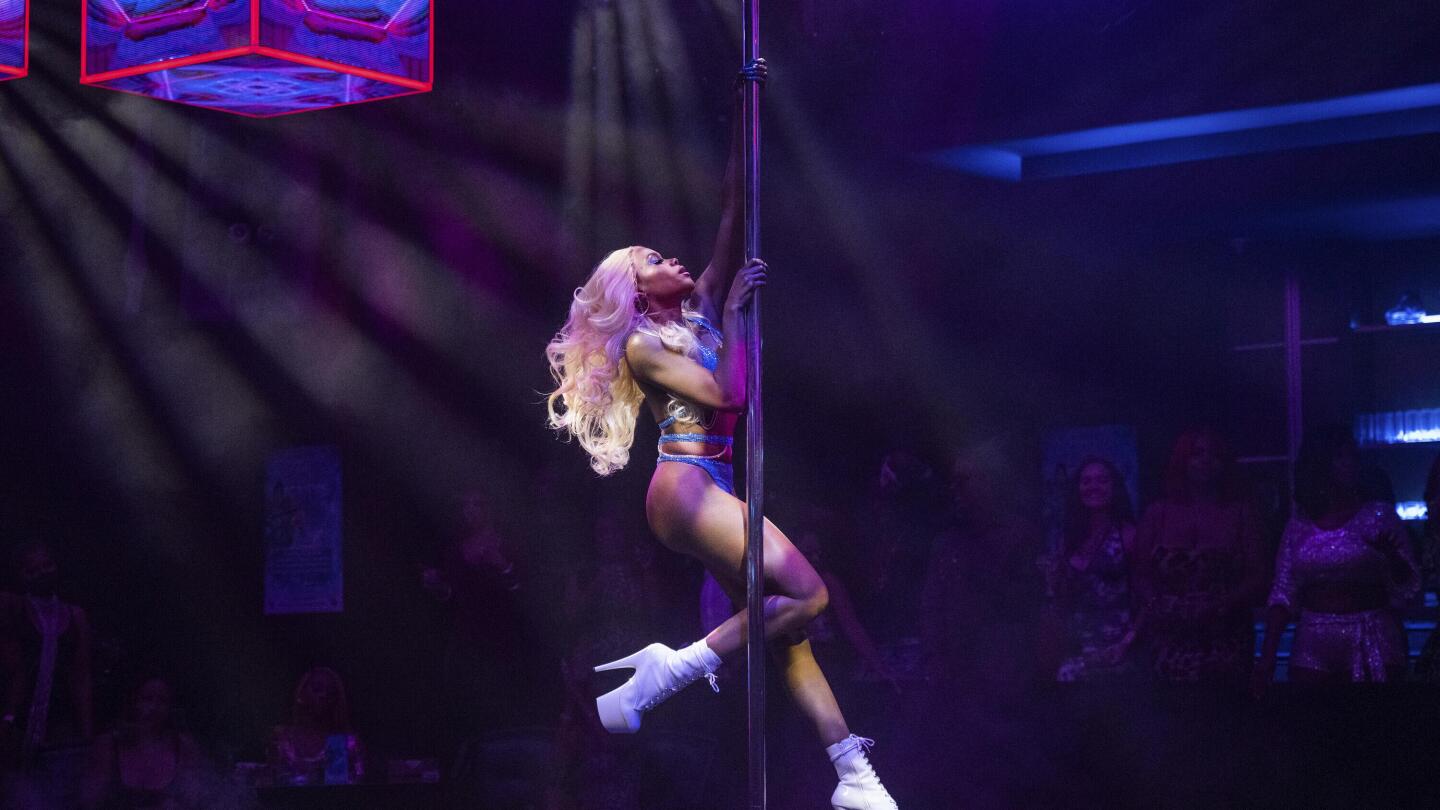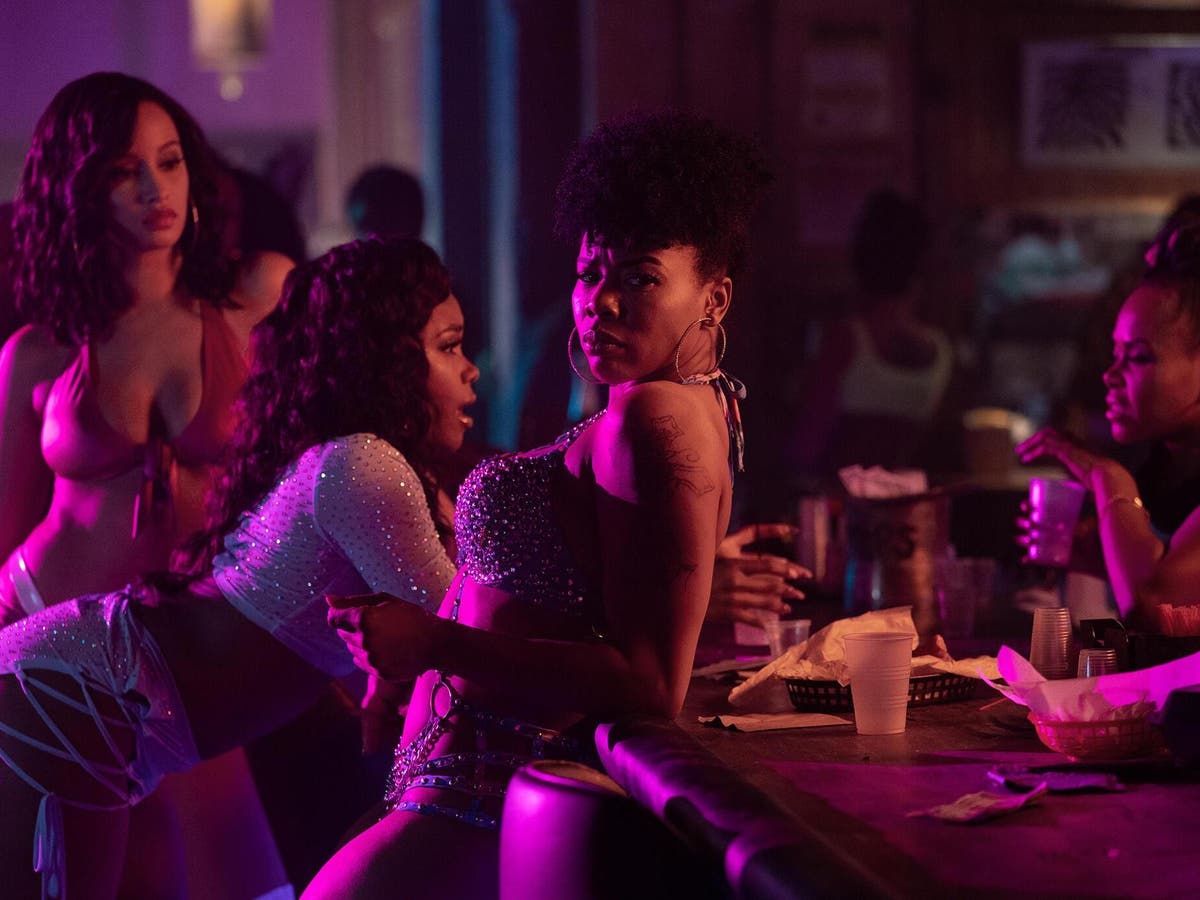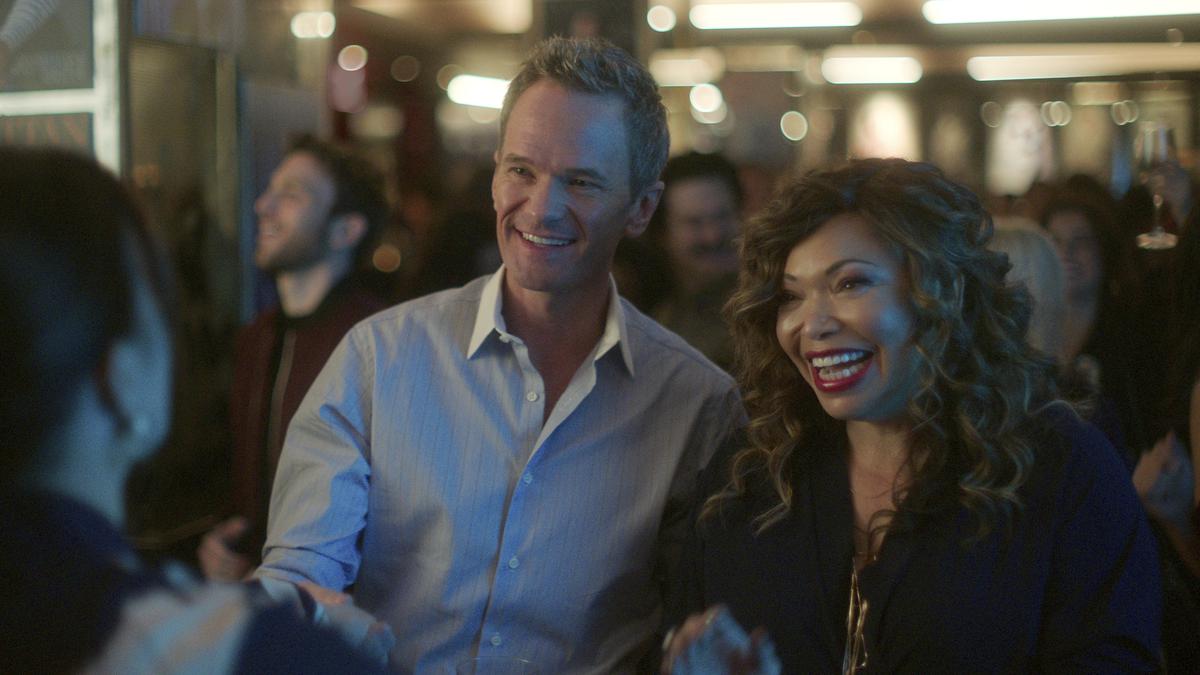
‘P-Valley’ explores Black strip club culture, gay acceptance
Associated PressLOS ANGELES — When Katori Hall first pitched the idea to convert her popular play about Black strip club culture into the television series “P-Valley,” the Pulitzer Prize winner was either quickly rejected after meeting with networks or denied before she could fully explain the concept. Hall, who is a Black woman, understood they wanted to avoid any backlash, but her overall vision was focused on humanizing exotic dancers — which Starz heard with “open ears.” “I felt like there were some strong characters here,” said Hall, who won a 2021 Pulitzer Prize for her play “The Hot Wing King.” She serves as the creator, showrunner and executive producer of the drama series “P-Valley,” an adaptation of her 2015 stage play. “Starz was the only one that said ‘yes.’ But I’m a firm believer that all you have to do is take that one ‘yes’ and make something of it.” “P-Valley” tells a story about several exotic dancers — veteran and newcomers — who are trying to make a name for themselves at a popular Mississippi Delta strip club called The Pynk, which is owned by a nonbinary and gender-fluid character, Uncle Clifford. “It’s a lot to take in when you watch it, because it’s the truth.” Hall understands her show has created some uncomfortable conversations on topics such as queer acceptance and Black empowerment.
History of this topic

'P-Valley' explores Black strip club culture, gay acceptance
The Independent
Katori Hall on the TV adaptation of her play Pussy Valley: ‘The stripping world is complicated’
The IndependentDiscover Related






